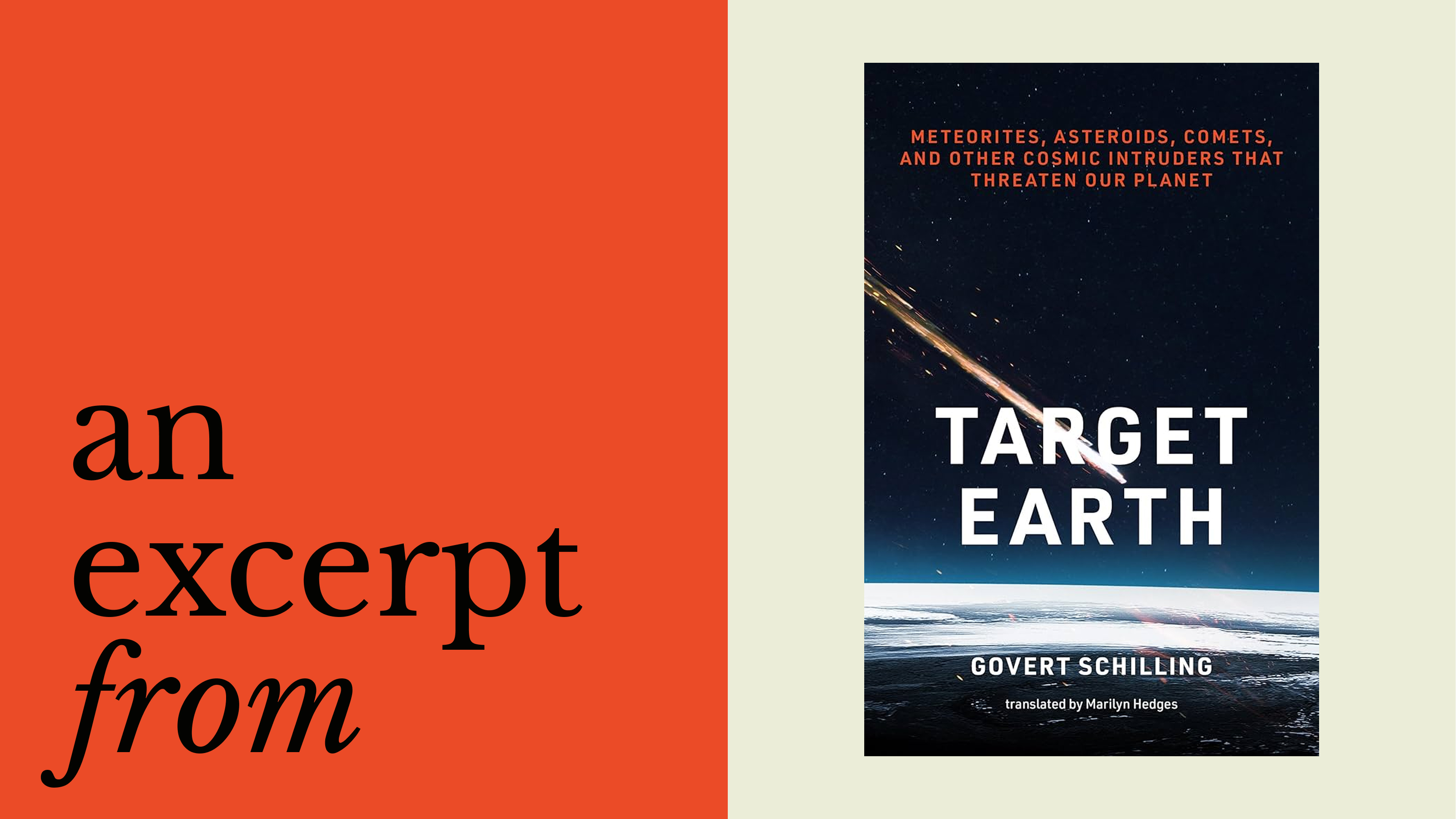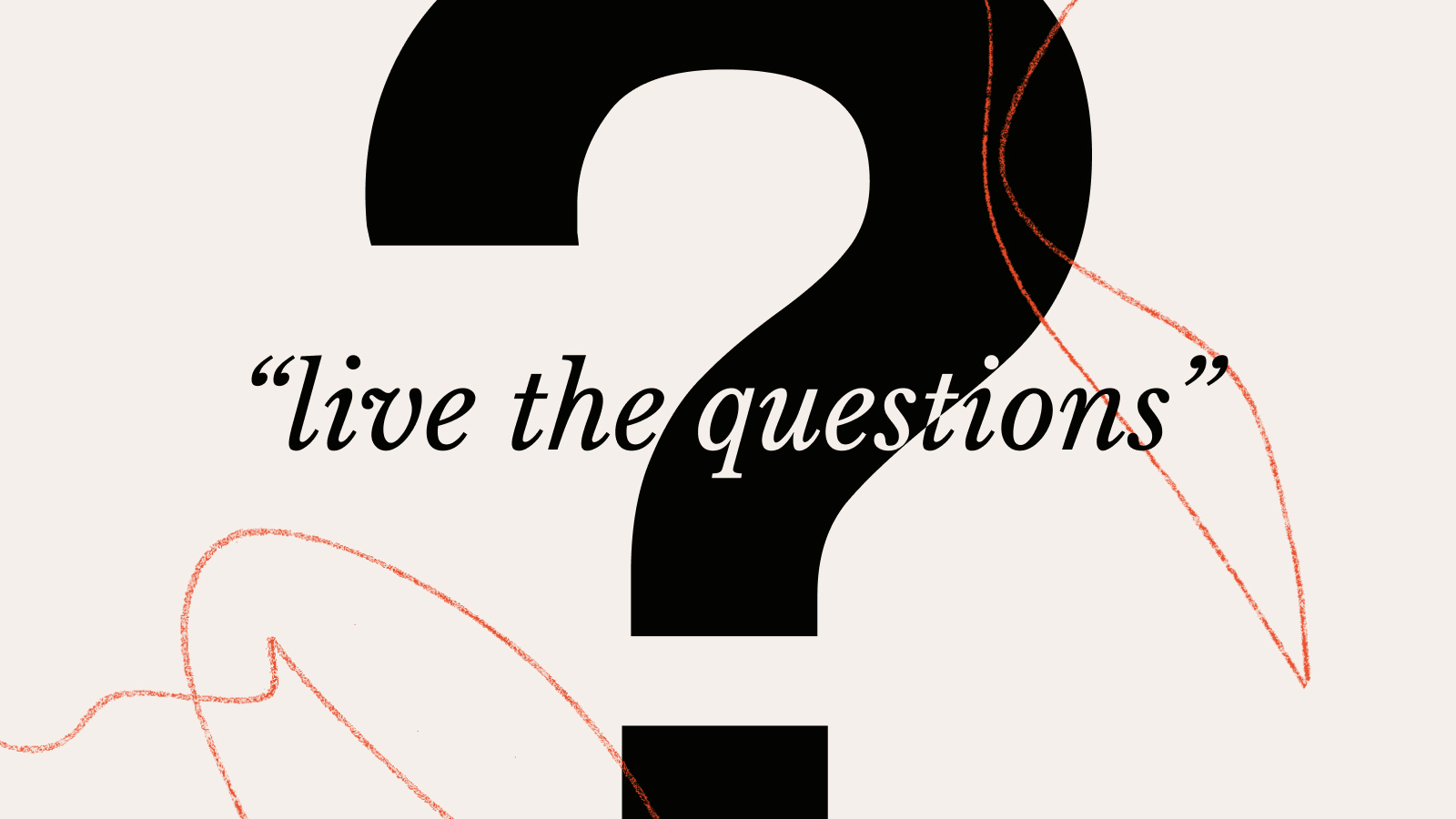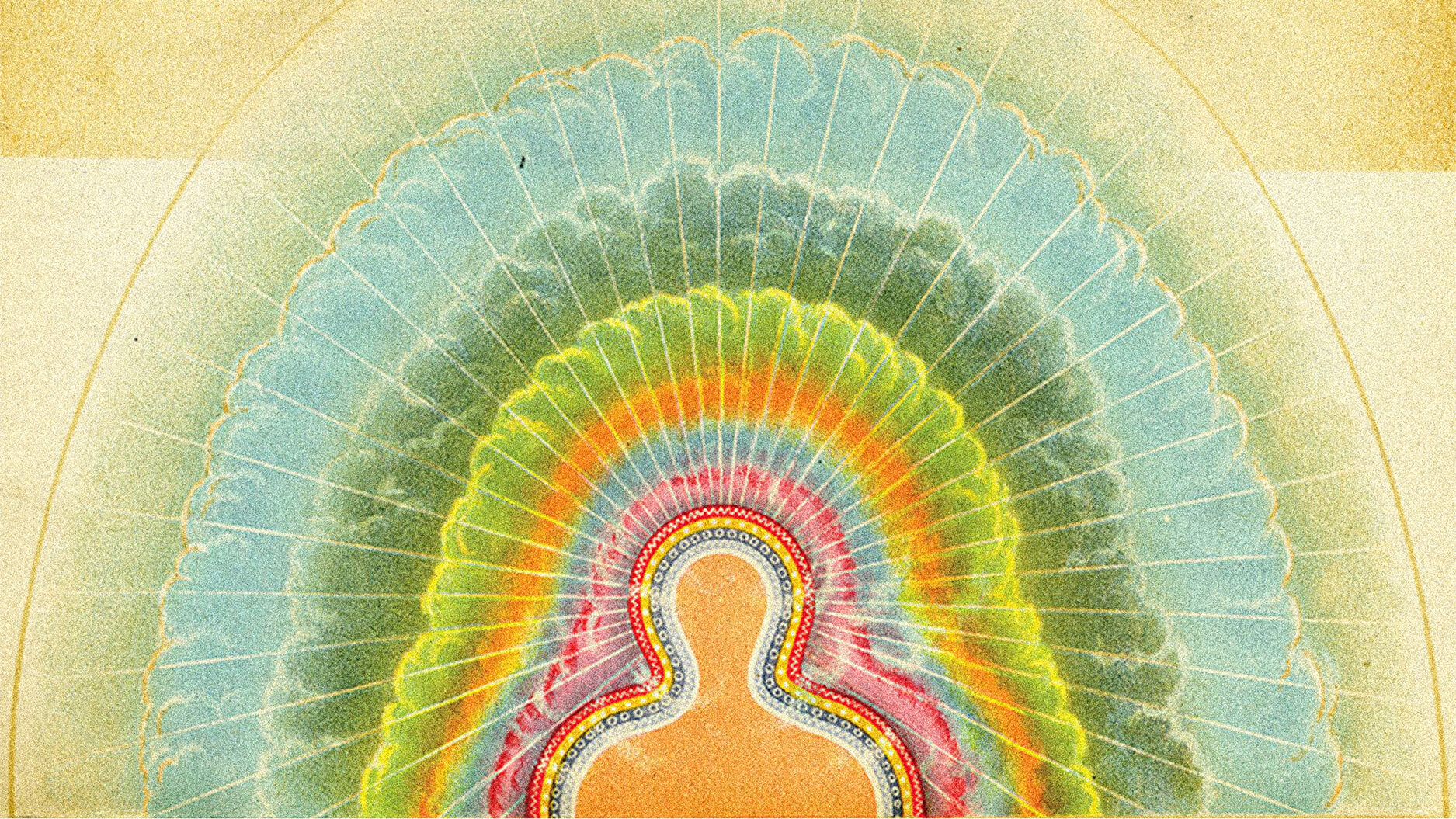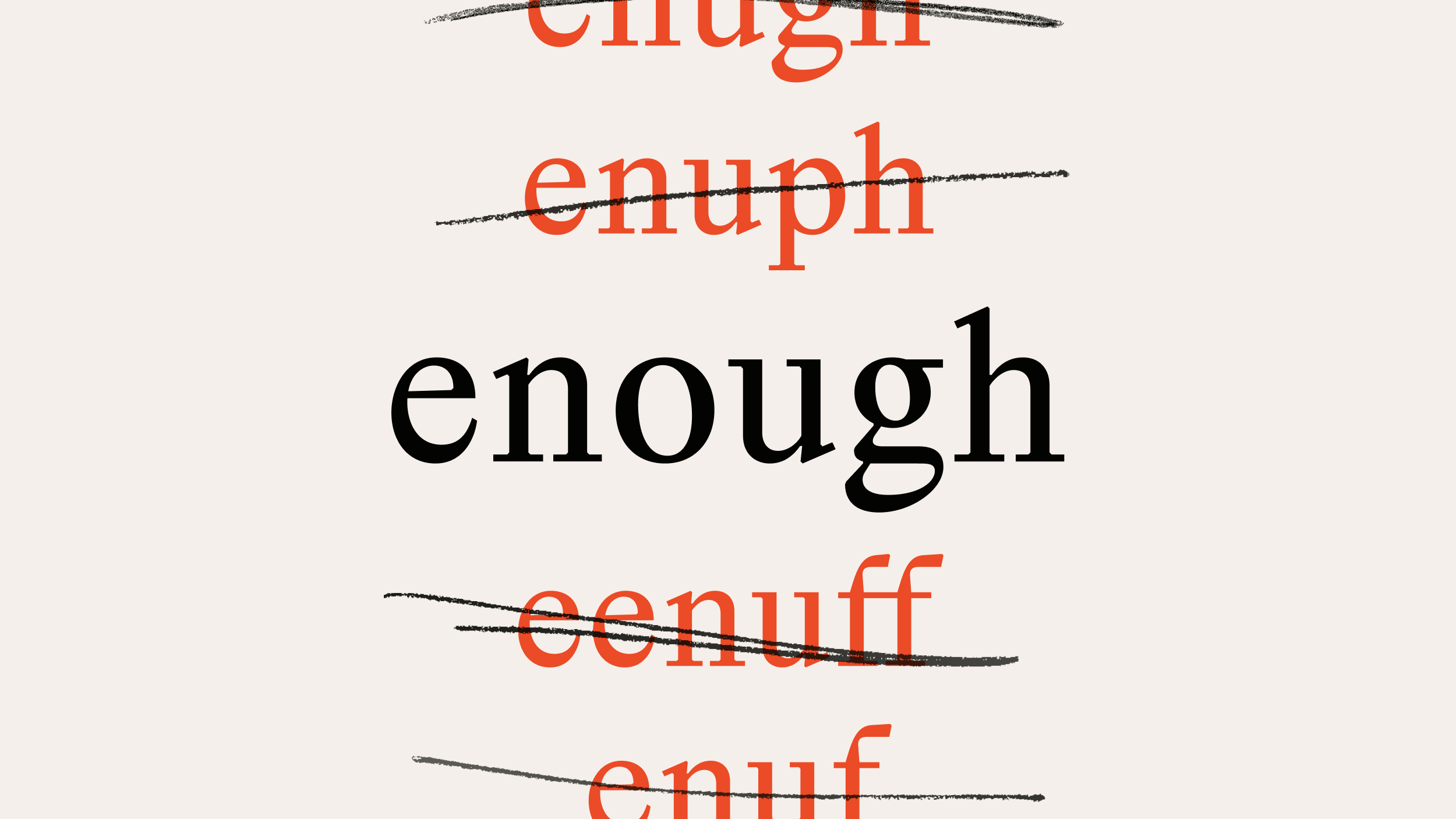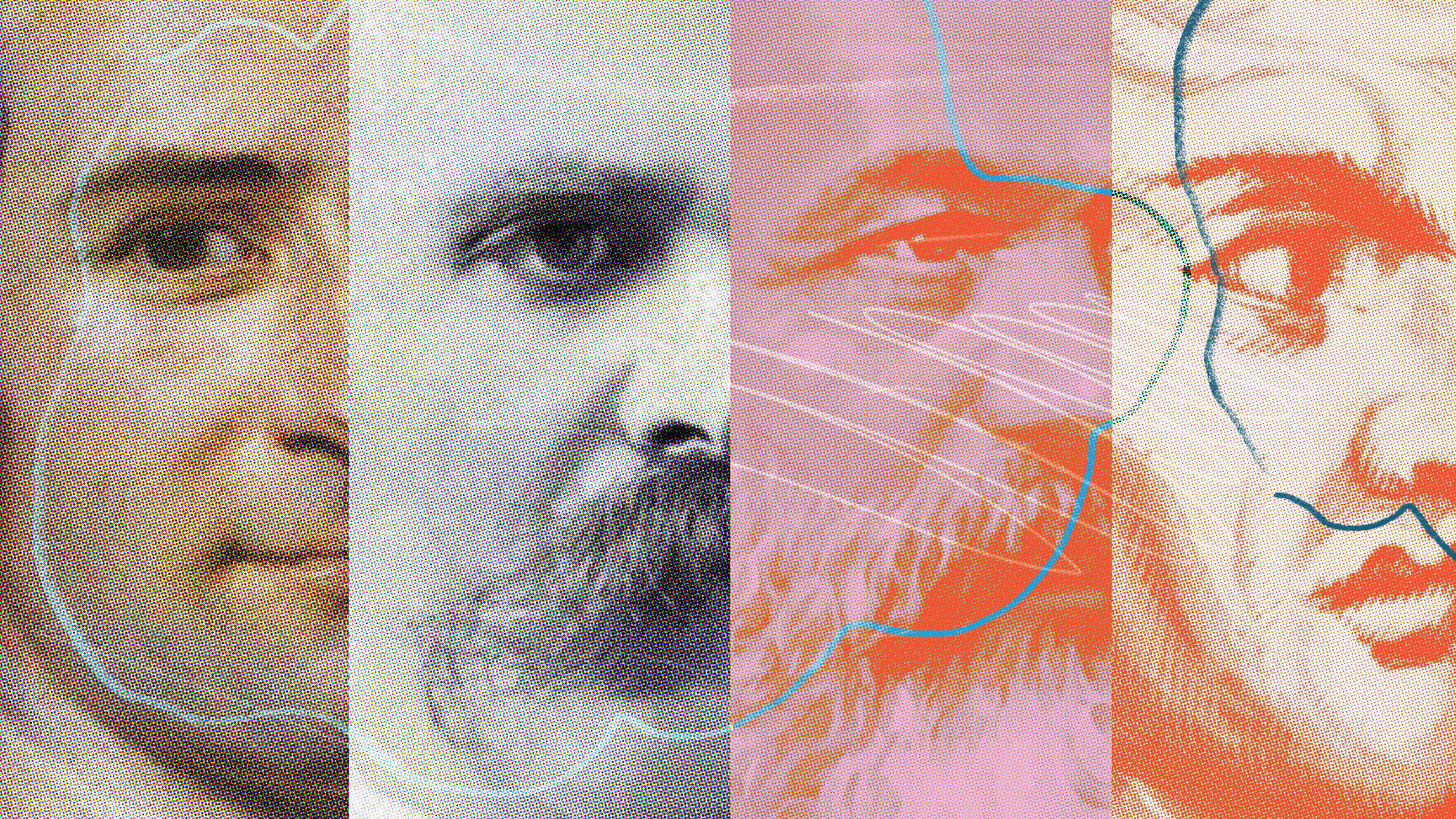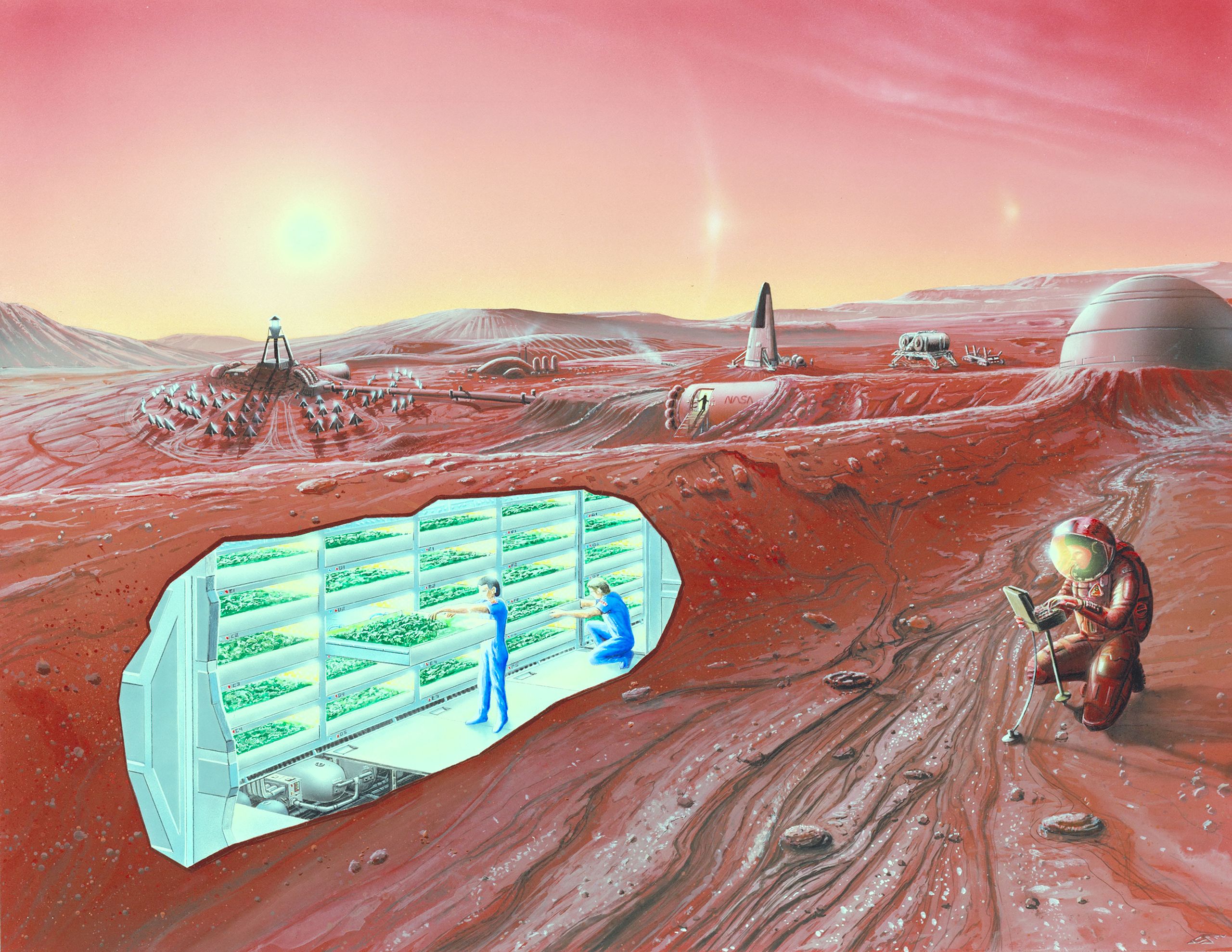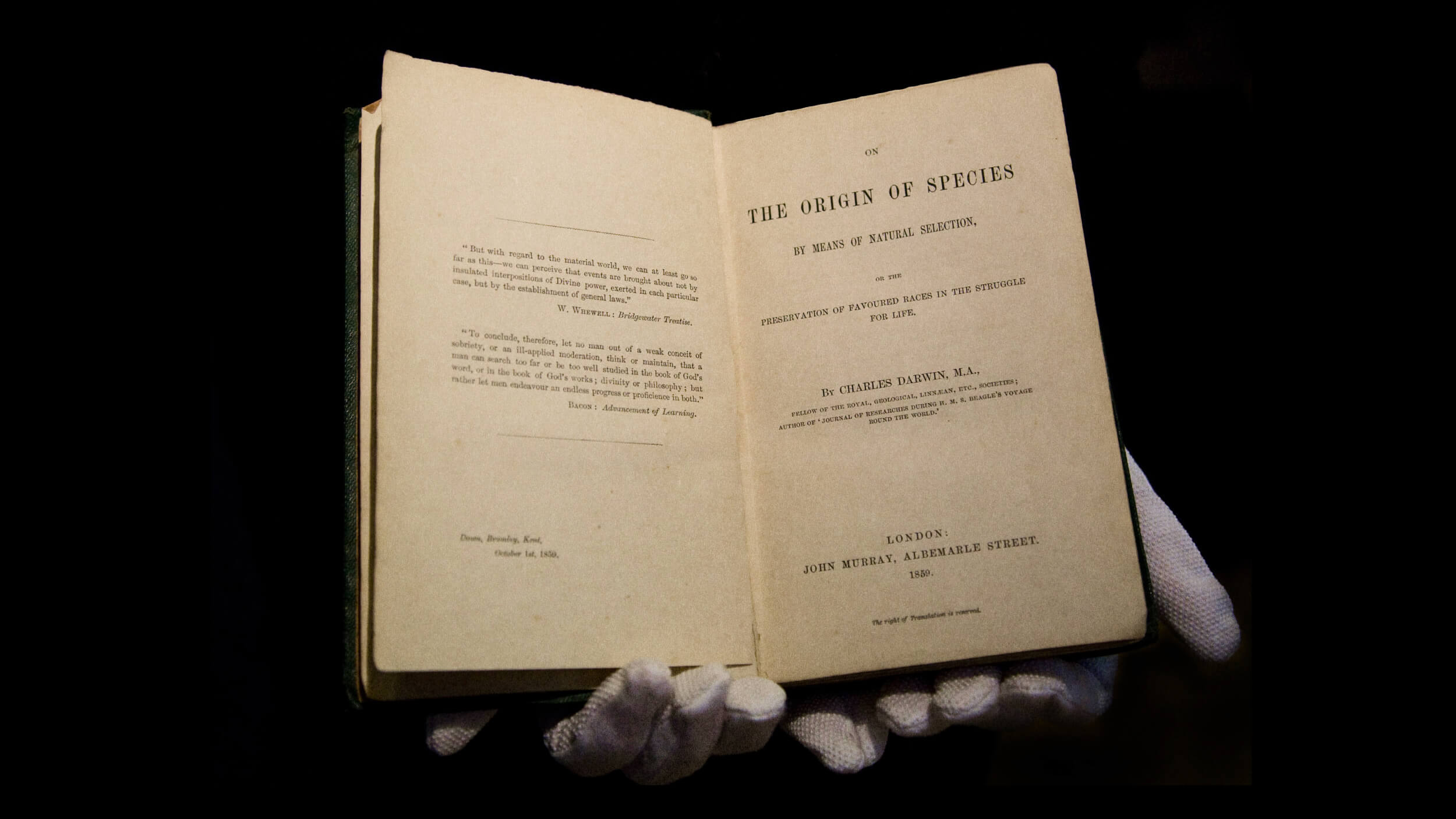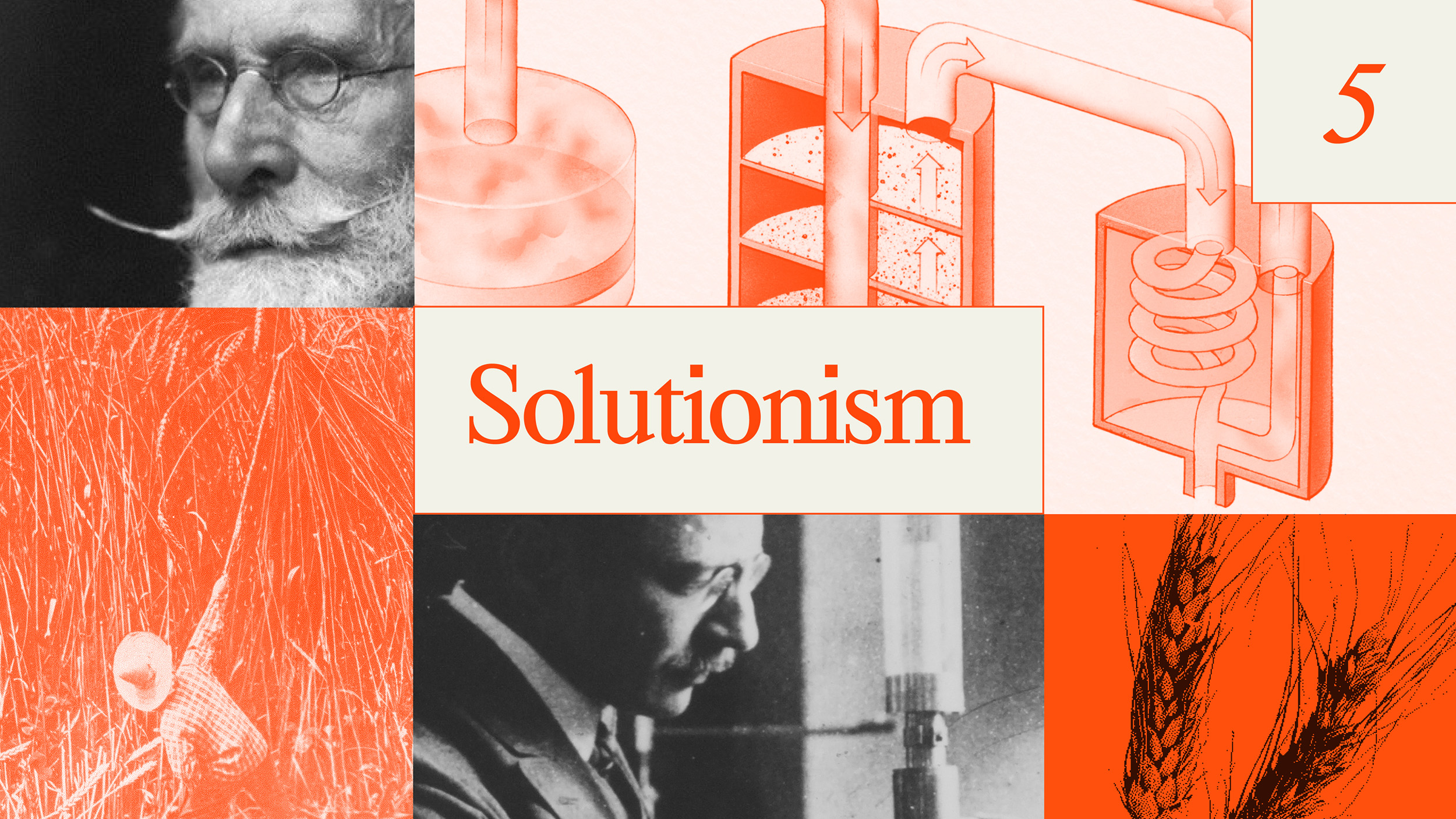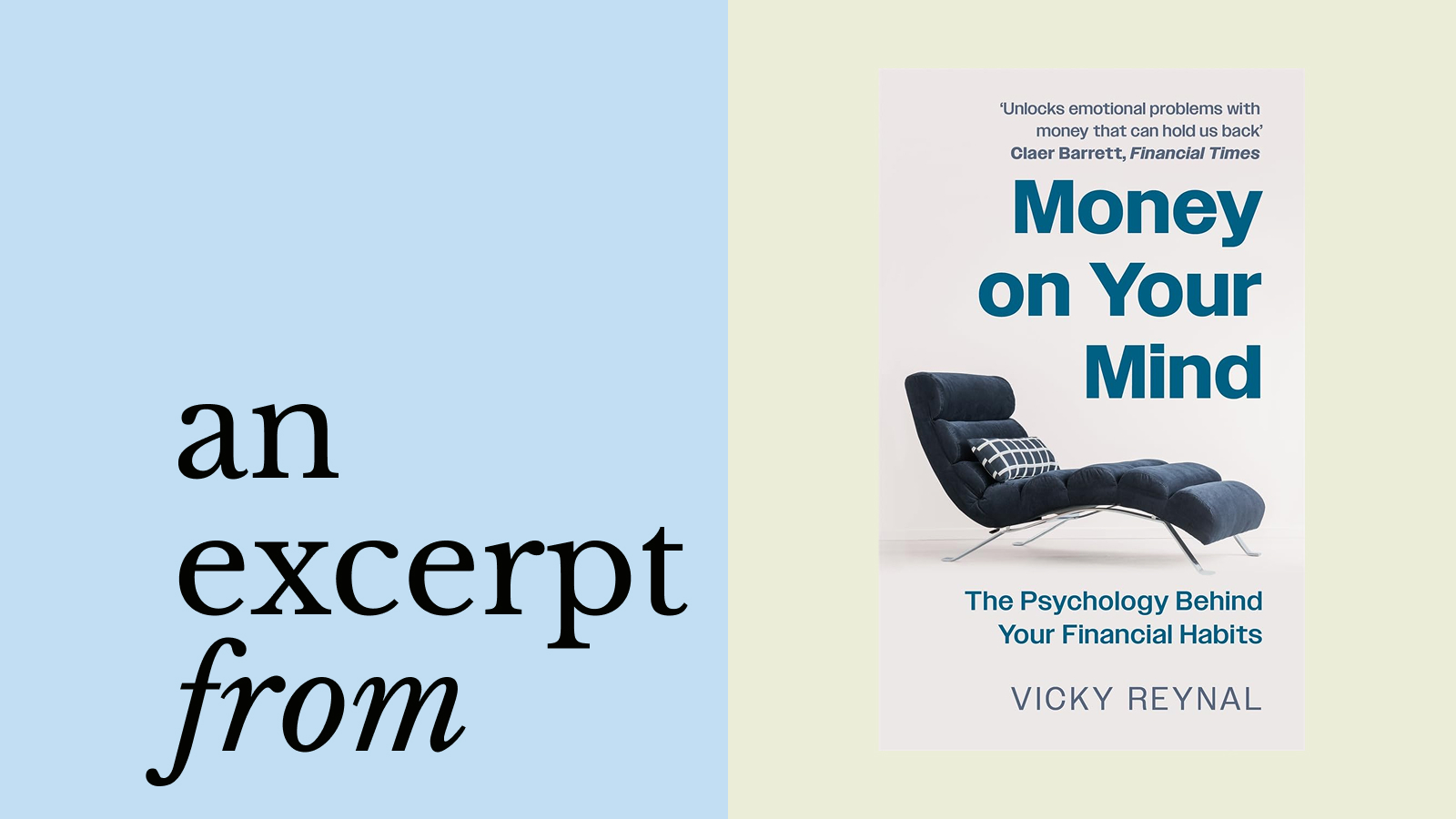history
Arendt thought 20th-century philosophy had become too passive and abstract. She called for “active thinking” that prepares us to live in the real world.
You don’t need to be a scientist or a philosopher for facts, reality, and the truth to matter. The alternative is simply known as bullshit.
In this preview from “The Saucerian,” author Gabriel Mckee explains how the combination of fantastical stories and obscure bureaucracy launched the “space age of the imagination.”
If an asteroid hadn’t killed off the dinosaurs, humans would almost certainly have never walked the Earth.
Trump may make America great again — just not in the way he had intended.
Follow the money and you’ll follow history.
“Try to love the questions themselves, like locked rooms, like books written in a truly foreign language.”
From religious iconography to modern mysticism, the human aura has been a subject of fascination across centuries and cultures.
In “Enough Is Enuf,” Gabe Henry traces the history of simplified spelling movements and the lessons they teach us about language.
That Nietzsche quote might not mean what you think it does.
Most people think that writing fantasy or science-fiction requires a strong imagination. Podcast host Mike Duncan shows a knowledge of real-world history is just as important.
Americans have gone through three historic junctures like what we’re witnessing today — and they happen on an uncanny 80-year cycle.
“It’s much more interesting to live not knowing than to have answers that might be wrong.”
In his new book, the popular science writer tells the story of how scientists discovered the “gaseous ocean” we all swim in — and the trillions of invisible life forms we share it with.
These books helped build the empirical case that life’s origins differ from those described in myths and legends.
Fears of celestial collisions — and calculations of their likelihood — go back to the very origins of modern science itself.
Whether we should tear down philosophy’s Berlin Wall and let East and West finally merge depends entirely on what we think philosophy is—and what it’s for.
While death-bed utterances are more famous, baby’s first words have influenced us too.
“I want to change the way we think about the past altogether,” says Dr. Betül Kaçar, an astrobiologist who studies the origin of life.
From acclaimed novels to heretical treatises, sometimes a writer just doesn’t want to put their name on the cover.
Migration statistics should be regarded with wariness as they are difficult to analyze properly and easily manipulated for political gain.
Ethan Kross, psychologist and author of “Shift,” explains how negative emotions help us live safely and well.
We need to fully acknowledge problems, while vigorously pursuing solutions. Call it “solutionism.”
“It’s only natural for us to get America back,” quipped Kim Kielsen, former prime minister of Greenland, in 2019.
Today’s pseudoscience-ridden wellness industry owes a great debt to its forefathers.
Effective leadership requires long-term strategy — not tactical reactions.
The Roman Empire at one point emitted roughly 3,600 tons of lead dust per year, causing “widespread cognitive decline.”
Today’s philosophy students would be justified in asking, “What does any of this have to do with living?”
From King Midas to Gordon Gekko, humanity has struggled to grasp greed’s true nature.
Caitlin Rivers wants to tell the story of epidemiology and the public health heroes who keep the world safe and healthy.



